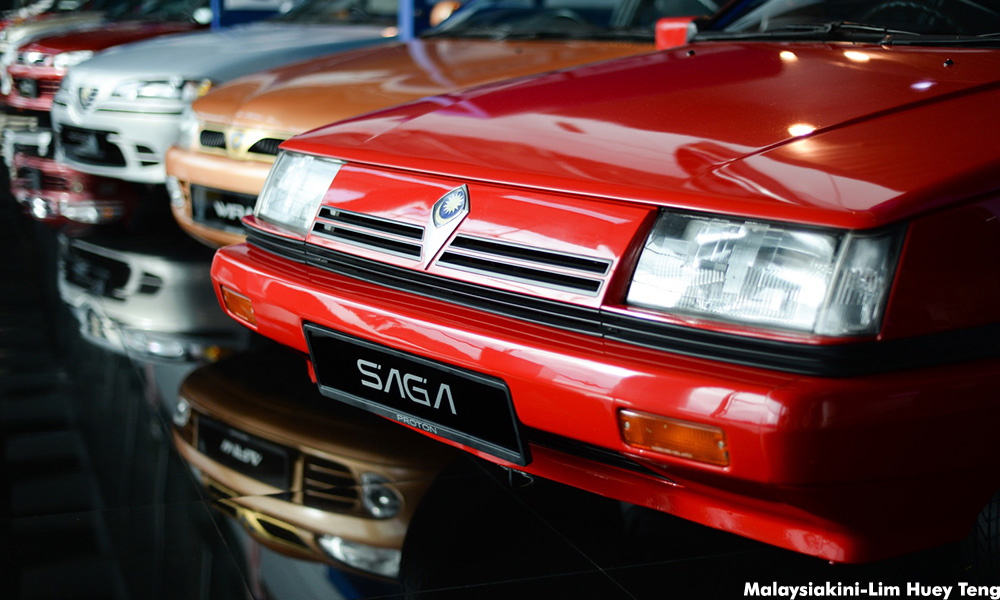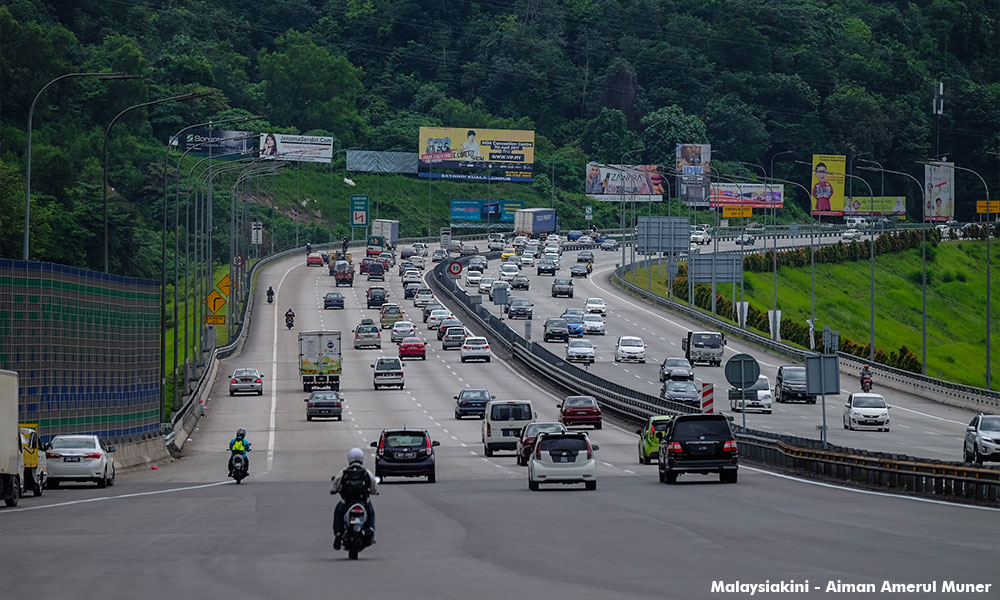LETTER | In the Proton 2.0 discussion, a most pertinent point to consider is this: In which direction is the world’s car industry heading eventually?
If Malaysia were to embark on Proton 2.0, we have to be dead certain that the industry would still be moving and relevant in 20 years and beyond, and that our vehicles would not end up as obsolete items parked all over the roads in many years from now.
What we produce should be in demand and easy to sell.
New models and up-to-date technology should be incorporated into the vehicles. And we should represent the latest technology and be among the world leaders in producing those vehicles.
If we cannot achieve all these objectives, then forget it.
Many reports say that car manufacturing is now considered a sunset industry. This is supported by much research which has been undertaken to look at ways people move about in the future or new forms of vehicles to replace cars instead of reviving them in their present form.
I believe this is the sort of discussion that led Prime Minister Dr Mahathir Mohamad to disclose his thoughts in Japan for Proton 2.0.
We should start to look at different variances, different technologies, different capabilities and different configurations for Proton 2.0. There is always the possibility that the vehicle that Mahathir has in his mind may not necessarily be a road-based vehicle anymore.

Cars that we know
When the word “car” is mentioned, our immediate reference is an aerodynamic box with four wheels. This version of a vehicle has been around for more than a century and I think it is about time it gets a complete makeover instead of just a facelift.
For instance, electric or hybrid cars have been marketed as eco-friendly and sustainable, but after several years of experience, it turned out to be expensive and not acceptable to many users. The batteries take up so much space and are expensive to replace.
Then we are overawed with driverless cars - an aspect of the so-called hyped-up form of new car technology and improvement associated with IT-based elements crossed over with marketing gimmicks and unproven operations.
Many industry experts, however, dismissed these newfound wealth-making opportunities as nothing but a temporary solution to future modes of transport.
A lot more genuine research, however, is being done at a different level altogether. Research on battery technology, for instance, would have a bigger impact on how our cars or moving vehicles would look like in the future. Research on graphene and its future application is leading the field at the moment.
Graphene car batteries?
Instead of continuing with a fossil fuel-based vehicle which is no longer considered sustainable, and is polluting and posing hazards to the environment, a new form of powerful car battery (graphene) that could provide new power units instead of a typical four-stroke engine would entirely revolutionise the design of a car and its capability.

This would be a big game changer in the way we move from one place to another.
So we could expect an end result to this graphene research and its technology application with powerful and long-lasting batteries. Which also means, that for the future, car shape and size may take a different form altogether.
New forms of vehicles could be up in the air instead of running along the roads.
The question is, are we prepared for this sort of technological transformation? Proton 2.0 could very well be part of this new and advanced state of technology if we decide to embrace this research from now on. Who knows?
We should therefore aim to be part of the new research to replace cars and try to develop a new mode of transport for the future. This, I believe, should be our new strategy as put forward by Mahathir in Japan.
If this is the real idea advanced by Mahathir, then I shall be the first person to endorse and support this new venture. And honestly, I would not mind heading it or taking the lead.
ROSLI KHAN is a practising transport and logistics professional, academician, consultant and company director with over 30 years of experience.
The views expressed here are those of the author/contributor and do not necessarily represent the views of Malaysiakini.

